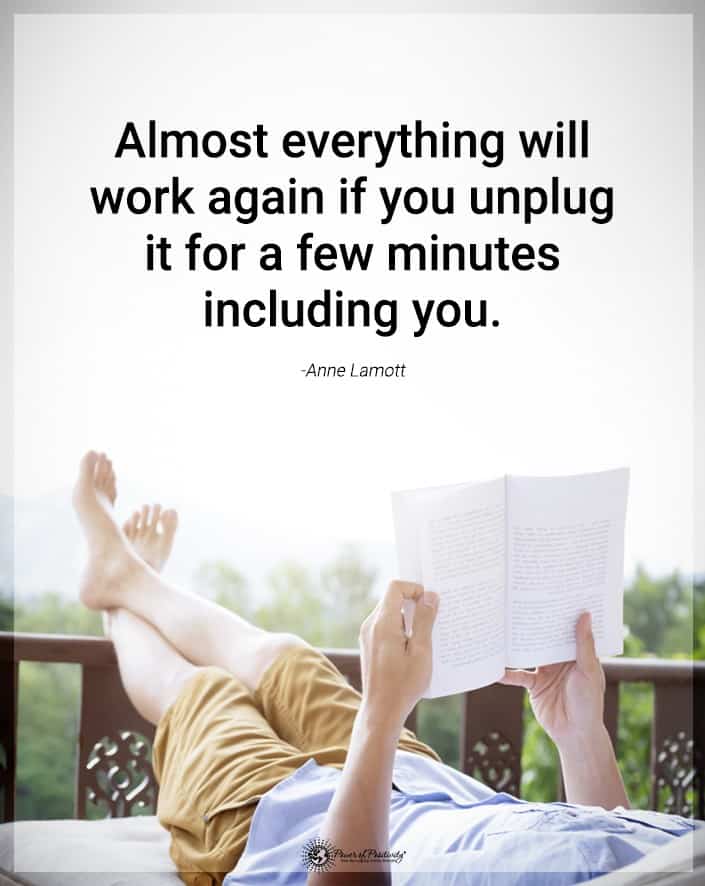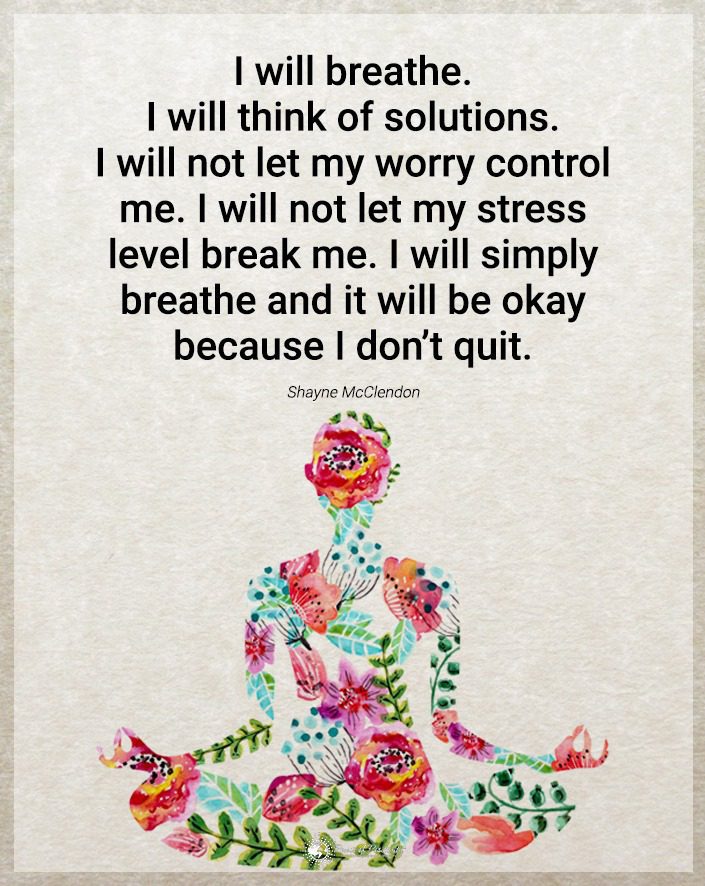Stress is a massive concern that virtually everyone struggles with, but no one talks about stress reduction. Stress is something that people can’t always avoid, but it’s also so common that it’s become normalized. People see stress as a usual trade-off in life. If you want to have a high-paying job, you’ll have to deal with being stressed. If you want to make sure you hold on to your relationships and connections, you’ll have to get used to being stressed.
That’s what parents will tell their kids when the kids complain about how hard school is. That’s what your boss will tell you if you complain about being overwhelmed with your workload. Because of that, most people suck it up and try to live with it. But this is a big misconception. Just because stress is a natural reaction to adversity, it doesn’t mean there aren’t ways to reduce your stress levels.
There are many stress reduction techniques that people don’t even discuss. That’s partly because people don’t know them. But it’s also because the research in the psychological field has only advanced in the last few decades. People have many misconceptions regarding mental health. Stress reduction is just something that people need to be more informed about.
What Causes Stress?
Stress is something that everyone experiences, but most people don’t overthink about where it’s coming from. It’s not just something that appears out of thin air. It’s something that forms as a response to adversity or threats. When you find yourself experiencing something new or scary, your body’s first reaction is to prepare you. And it does that by making you more alert; by stressing you out.
When your brain signals your body that it’s experiencing something threatening, the body signals the adrenal gland. This gland is responsible for the secretion of cortisol, the stress hormone. This hormone triggers the “fight or flight response,” which is created with the purpose of keeping you alive and safe. This response is as old as human life, designed to preserve the human species.
Of course, people don’t need to escape being eaten by wild animals anymore. Nowadays, you have to deal with other types of dangers. Even though they are not as life-threatening, they are still significant concerns. Essentially, it doesn’t matter how big the threat is. It’s all about your perception. If you feel under pressure or in danger, the body will release cortisol.
At first glance, it seems ironic that your brain would try to protect you by making you feel stressed. But what cortisol does is trigger the activation of the immune system. It increases the heart rate and blood pressure while shutting down the activity of systems the body perceives as unnecessary for survival. Additionally, stress helps you concentrate on the task at hand. But all these benefits come from a moderate amount of stress. If you are constantly stressed out, you will have to deal with some harmful side effects.
When you are stressed, you might feel anxious, scared, afraid, angry, or frustrated. You might experience headaches, nausea, hyperventilating, sweating, heart palpitations, and pains. If stress overwhelms you, you will want to withdraw from others. You might randomly snap at people and be indecisive. Long-term stress can lead to depression and anxiety disorders. Chronic stress can also lead to weight gain, sleep problems, heart issues, and memory loss.
4 Stress Reduction Techniques Most People Ignore
Now that you recognize the need to remove this negativity from your life let’s look at four ways how.
Stress Reduction Technique #1 – Have a Healthy Lifestyle
This is not so much as a technique that you can whip out whenever you feel stressed, and it will instantly make you feel better. This is a full-on lifestyle change meant to help you be a less tense person. When you start having a healthy lifestyle, that will affect your hormones. That’s why being healthy helps improve your mood and makes you an overall happier person,
Studies show that working out helps regulate your hormonal balance, thus lowering your cortisol levels. Strength training seems to be helpful in burning calories in a way that helps reduce the amount of cortisol. If you only do aerobic exercises, that will also help you, but it’s less effective than strength training.
But if you don’t like strength training, you should try HIIT (high-intensity interval training) exercises. Even a 15-minute routine will significantly improve your mood when stressed or sad. Physical activity also helps improve sleep disturbances and mental health issues like depression and anxiety.
Food is also a significant factor that you have to consider when you are trying to manage stress. We all know that ultra-processed foods and added sugar will mess with your hormones. Your cortisol levels are at risk of shooting through the roof if you don’t watch what you eat. But it can also go the other way around. Instead of your stress being influenced by your diet, your anxiety could affect your diet.
If you feel overwhelmed, your body consumes more energy. Because of that, your brain will signal that it needs more fuel. When you are stressed, there’s a high chance you will crave carbs, fatty foods, or very sugary foods. If you make a conscious effort to have a healthy diet, it could go a long way to improve your stress levels. And, the next time you are stressed, reach for an apple instead of a bag of chips.
Stress Reduction Technique #2 – Meditate
Meditation is something that has been practiced for thousands of years. Even though the practice is ancient, it is undeniable that its capacity to improve modern life. It’s a technique that helps connect the mind and body and allows you to slip into relaxation. There are many types of meditation, and all of them have different benefits. There are guided meditation, mindfulness meditation, tai chi, transcendental meditation, etc.
But they all have some things in common. They all require you to be focused and have an open attitude. You need to be in a quiet setting and sit comfortably. To meditate, you need to focus on your breathing and allow yourself to connect with your thoughts and feelings.
When you are feeling stressed, meditate for five to ten minutes. Breathe deeply and scan your body to see what it’s trying to tell you. For some people, it even helps to walk while they meditate. This will help you restructure your thoughts and feelings and slip into a positive mindset. Once you calm down and rewire your brain for positivity, it will be easier to tackle whatever was stressing you out.
Stress Reduction Technique #3 – Sleep Well
While you sleep, your body and brain get cleansed, and your systems reboot. It’s not just something you need to do because you are tired. Sleep is vital because it helps rebalance your hormones, amongst other things. Or, to put it more simply, you will feel less stressed after a good sleep.
Science proves that sleep deprivation can cause negative thoughts, low energy, and a generally bad mood. Adults need between seven and nine hours of sleep per night. But sleeping the required hours isn’t always enough. You also need to make sure that you get a restful sleep.
If you sleep nine hours, keep waking up, or have bad dreams, you won’t wake up rested. That means you won’t get the benefits that sleep usually gives a person. Not sleeping well can cause stress, but stress can also cause sleep deprivation. So, it can quickly turn into a vicious cycle. If you find yourself very stressed and tired, consider taking a nap or even getting a full nine hours of sleep.
Stress Reduction Technique #4 – Practice Self-Care
Self-care is something that everyone should incorporate into their life. It has many physical benefits, but it can also improve your mental health significantly. Practicing self-care is all about those little moments in which you make yourself a priority. You do something because it makes you feel good, which can significantly improve your mood.
Many studies show that people who engage in self-care report an improved quality of life. Self-care relaxes you more than most activities, and it triggers relaxation responses. These responses are the opposite of the “fight or flight” response, so they help lower your stress levels. But that’s just on a biological level.
Most benefits are emotional and psychological. For example, taking a bubble bath or doing some skincare can make you feel way better about yourself. Pampering yourself boosts your confidence and helps you relieve some of your tension. It can also provide you with some time alone that you so desperately need.
It can give you the time to sort through your thoughts and understand what you need to do. And self-care doesn’t even need to be sophisticated. Taking a bubble bath, getting a massage, or even doing a hair mask qualifies as pampering. Do your hair, paint your nails, or even go for a walk. Do whatever you want to do as long as you treat yourself.
Final Thoughts on Stress Reduction Techniques Most People Ignore
Everyone has had to battle overwhelming stress at some point in their life. Stress is a normal, biological reaction to adversity or threat. And it’s even beneficial in small quantities. Stress can help you focus and get over whatever pressures you feel. But continuous anxiety or chronic stress can have lasting impacts on your life. It can cause depression, anxiety, heart problems, diabetes, etc.
But there are ways through which you can manage your stress. And most people either don’t know them or don’t talk about them. For example, having a balanced diet and exercising can balance your hormone levels. Even a routine 10-minute workout can instantly improve your mood. The same goes for having a healthy sleep schedule. If you get enough sleep and you make sure you are rested, your mental health will be better. If you need quick fixes, you can always try self-care and meditation. Taking a warm bath, walking, or just breathing and focusing on your thoughts can make you feel great. Relaxing can go a long way in releasing all that tension. When you deal with those stressors, all you need to do is focus on yourself and what you need.

















 Community
Community

